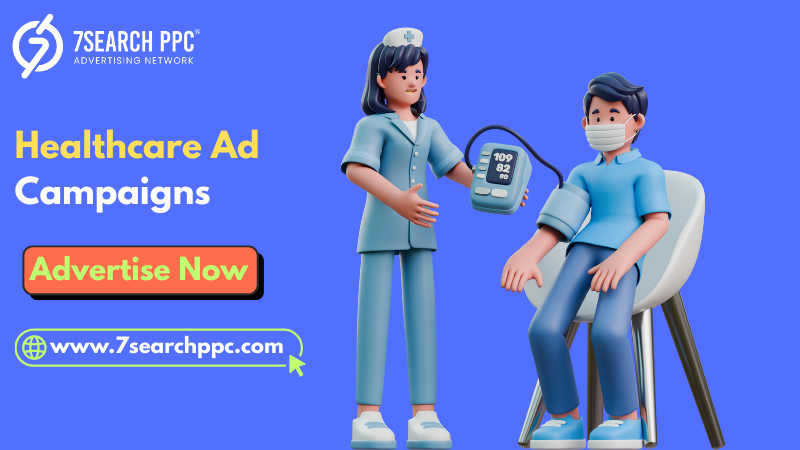In today’s competitive healthcare market, simply creating a general advertisement is no longer enough. Healthcare ad campaigns need to connect with patients and audiences on a personal level to truly be effective. Personalization is the key to making every message meaningful, relevant, and actionable.

Why Personalization Matters in Healthcare Ad Campaigns
Healthcare is a highly personal experience. Each patient has unique needs, conditions, and preferences. A campaign that recognizes this can build trust and improve engagement. Generic messages may reach many people, but they often fail to resonate. When you personalize your healthcare ad campaigns, you are speaking directly to the person receiving the message, which makes them more likely to take action or remember your brand.
For example, sending reminders about flu shots to senior patients is more impactful than a general social media post about vaccines. Personalization creates relevance, which is the foundation of effective advertising in healthcare.
Healthcare Advertising Examples That Show Success
Real-world healthcare advertising examples demonstrate how personalization drives results. Successful campaigns often use patient data to tailor messages. They may segment audiences based on age, medical history, or location. Personalized content, whether email campaigns, social media ads, or in-pharmacy promotions, ensures that the message resonates with the recipient.
For marketers looking to understand these strategies further, exploring resources on Healthcare Advertising can provide practical examples and insights.
Identifying Pain Points and Addressing Them
Personalization is not just about addressing someone by name. It is about understanding their challenges and needs. Patients often face obstacles like complex medication schedules, difficulty accessing healthcare services, or confusion about treatment options. Personalized healthcare ad campaigns that acknowledge these challenges provide solutions in a relevant and approachable way.
For example, an ad for a pharmacy service that offers medication delivery to elderly patients speaks directly to a common pain point. It is not a broad message but a solution tailored to a specific audience.
Data-Driven Personalization in Healthcare Advertising
Effective personalization relies on data. Collecting information through surveys, website analytics, and social engagement allows marketers to understand their audience better. Once you have this data, you can create campaigns that are targeted and timely. Personalization can be as simple as sending appointment reminders or as advanced as recommending products based on previous purchases.
The key is to use insights from research to make your healthcare ad campaigns relevant without being intrusive. For a deeper understanding of strategies and tools that work in healthcare advertising, see Healthcare Advertising.
Measuring the Impact of Personalized Campaigns
Personalization is effective only if it leads to measurable outcomes. Metrics such as engagement rate, click-through rate, and conversion rate help determine if the campaign resonates with the audience. Continually analyzing these results allows marketers to refine campaigns for even better performance.
Personalized campaigns also create long-term benefits. Patients are more likely to trust a brand that understands their needs, which improves loyalty and encourages word-of-mouth recommendations.
Soft Solution Hint
For marketers aiming to implement personalization successfully, starting with clear audience research and leveraging available tools is essential. Platforms that specialize in healthcare advertising can provide guidance, examples, and strategies to help craft campaigns that deliver results.
A helpful resource to begin with is Build Successful Healthcare Ad Campaigns, which offers tools and templates to make personalization practical and effective.
Conclusion
Personalization is no longer optional for healthcare ad campaigns. It is the difference between a message that gets ignored and one that engages, educates, and motivates action. By understanding your audience, addressing their pain points, and delivering relevant content, healthcare advertisers can improve trust, engagement, and results.
Using personalization thoughtfully allows every healthcare ad campaign to feel more human, more attentive, and ultimately more effective. In a space where trust matters, personal connections in advertising can make a real difference.
Comments